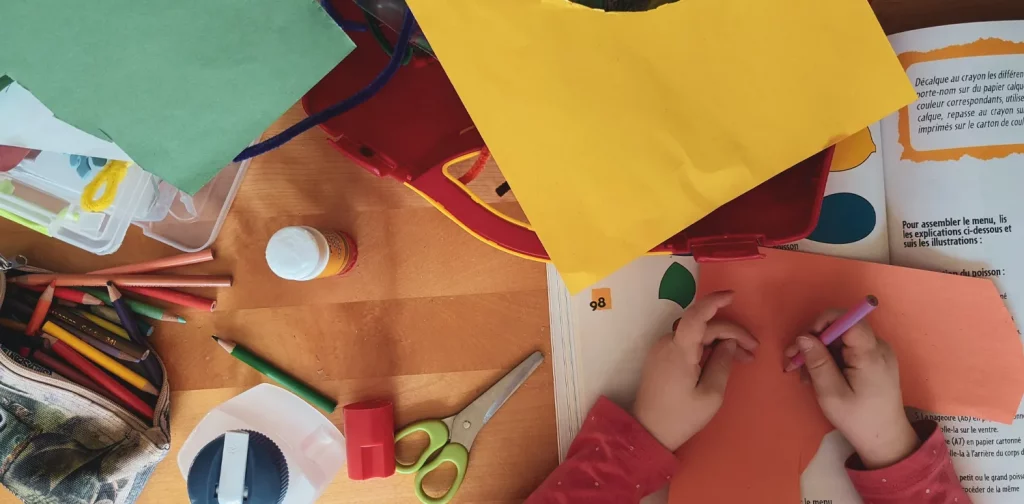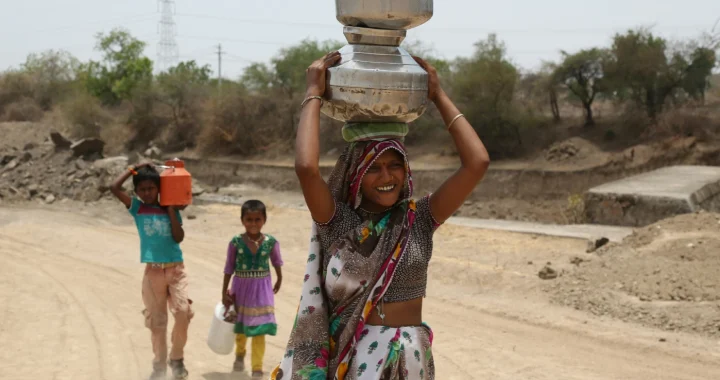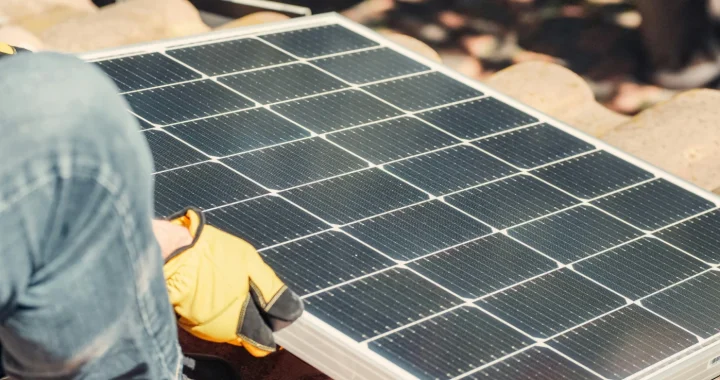How ASEAN Countries Can Provide Inclusive Education for Children with Disabilities

Photo by Sigmund on Unsplash.
Education is one of the foundational aspects of building a better life. Every child deserves a fair chance to study, including children with disabilities. As schools are slowly reopening after the COVID-19 pandemic, a report published by the Economic Research Institute for ASEAN and East Asia (ERIA) shows how ASEAN countries can build an inclusive education for students with disabilities.
What does inclusive mean?
Students with disabilities have been facing barriers to accessing quality education. Out of 240 million children with disabilities worldwide, 49% are more likely to have never attended school, according to UNICEF. The school closure due to COVID-19 has increased the barrier. Therefore, it is crucial to implement inclusive education policies across nations to minimize dropping out once schools fully reopen.
The report titled Inclusive Education in ASEAN: Fostering Belonging for Students with Disabilities examines the ASEAN countries’ progress in inclusive education for students with disabilities. Inclusive education is a learning environment where students can access quality learning adapted to individual learning needs. Under this system, students can obtain valuable skills and a sense of belonging within the learning environment.
Challenges & Opportunities
While most countries show progress and aspirations toward creating inclusive education, challenges persist. The report notes several challenges faced by ASEAN countries:
- Defining disability. While apparent physical disabilities are more readily diagnosed and treated, the challenges lie in meeting the needs of children with intellectual disabilities. In this case, they are prone to be excluded from the education system, especially if the disability is mild and can be misinterpreted as ‘lazy.’
- Familiarity with inclusion principles. Some teachers, parents, and policymakers already recognize the importance of inclusive education. However, they might not be thoroughly familiar with neurodiverse learning and principles of inclusion, including how to adapt a curriculum to students’ needs. It is also crucial for national leaders to use inclusive language publicly and advocate for social, political, and economic inclusion for students with disabilities.
- Learner-centered vs. teacher-centered approach. Centering learning around students’ needs can increase student engagement, support Universal Design for Learning (UDL), and enhance students’ critical and social thinking skills.
Framework for Actions
Creating an inclusive education system is a long-term, national, or regional commitment. Upholding the rights of students with disabilities is essential to prevent them from facing discrimination. The report offers a framework of actions for important stakeholders:
- Schools – Integral in creating safe and welcoming learning environments for students with disabilities, schools should reduce academic expectations post-pandemic, encourage monitoring evaluation through online surveys, shift to a student-centered learning approach, and involve parents of students with disabilities in crafting learning plans.
- Ministry – Leaders must first have an in-depth understanding of the needs of persons with disabilities. Then, they should review current policies and set more inclusive guidelines and policies, provide training for teachers, allocate funds, and advocate for the welfare of students with disabilities in cultural programs.
- ASEAN Member States – National governments should revisit national commitments for inclusive education, monitor implementations of inclusive education programs and goals, and campaign for disability awareness. ASEAN member states should also collaborate in post-COVID-19 recovery by promoting peer learning between countries and sharing good practices.
Read the full report here.
Editor: Nazalea Kusuma

Co-create positive impact for people and the planet.
Amidst today’s increasingly complex global challenges, equipping yourself, team, and communities with interdisciplinary and cross-sectoral insights on sustainability-related issues and sustainable development is no longer optional — it is a strategic necessity to stay ahead and stay relevant.

Kresentia Madina
Madina is the Assistant Manager of Stakeholder Engagement at Green Network Asia. She holds a bachelor’s degree in English Studies from Universitas Indonesia. As part of the GNA In-House Team, she supports the organization's multi-stakeholder engagement across international organizations, governments, businesses, civil society, and grassroots communities through digital publications, events, capacity building, and research.


 The Hidden Threat of Tire Pollution to Salmon Populations
The Hidden Threat of Tire Pollution to Salmon Populations  Understanding the Climate-Care Nexus
Understanding the Climate-Care Nexus  Role of Banks in Supporting Decent Work for All
Role of Banks in Supporting Decent Work for All  Natural Regeneration for a More Cost-Effective Forest Restoration
Natural Regeneration for a More Cost-Effective Forest Restoration  UK’s Local Power Plan to Support Community Energy Development
UK’s Local Power Plan to Support Community Energy Development  Global Shifts in Forest Dynamics and Their Impact on Biodiversity and Resilience
Global Shifts in Forest Dynamics and Their Impact on Biodiversity and Resilience